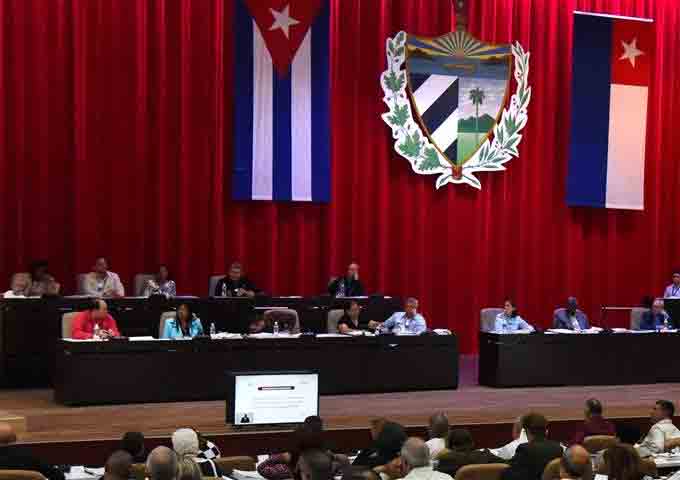The lawmaker from Marianao municipality, in Havana, Daniz Díaz, told Prensa Latina that the policy is a fact of coherence with the rest of the regulations approved in Cuba.
He explained that the regulation establishes priorities and objectives that respond to the demands from the age groups it protects, and at the same time, it is responsible for promoting the country’s transformation in that field.
Diaz added that its enforcement will depend on the coordinated work by the relevant agencies and the legislature will be responsible for monitoring its compliance.
Among the concrete impacts on the population, he mentioned the opportunities it will provide in terms of job offers, improvement and professional development for young people.
He highlighted that it also has a different vision on migration, and as an added value it emphasizes the period of adolescence.
Prensa Latina also spoke with the deputy from Calimete municipality, in the western province of Matanzas, Lilian Mendoza, for whom the policy is a response to the demands from her generation.
“Approving a policy like this implies a transformation of the mentality in institutions, in global organizations, because it will have to be expressed in a plan of action and above all we will have the capacity to evaluate the impact it will have,” she said.
Mendoza noted that it is conceived on the basis of such difficult phenomena as migratory and the complex economic situation in Cuba.
In her opinion, the challenge after its approval is how to implement it, so it cannot remain a dead letter and actions can be developed in the territories and the process can be evaluated locally.
jg/arm/ro/mp









